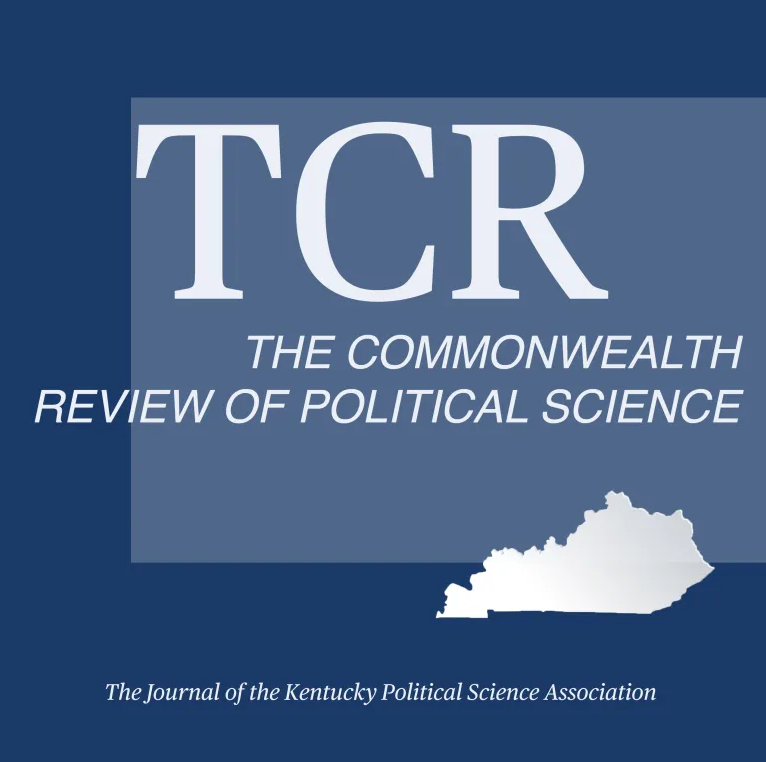Commonwealth Review of Political Science

Abstract
The question of redistricting reform has become an important topic in many states throughout the country. At the heart of the matter is how to effectively deal with the perceived detrimental effects of allowing legislators control over selecting their own constituencies. The most common prescription is to remove legislative influence by handing over control to nonpolitical or bipartisan commissions. However, little empirical evidence exists comparing the outcomes of commission plans versus legislative plans. In this paper, I address this question by examining the role of commissions throughout the states. I argue an important aspect to limiting the problems of redistricting and promoting strong representation between legislator and constiment is not necessarily who draws the lines, but rather the rules they must follow when putting the maps together. My results show that these rules do a better job of promoting of preserving important aspects of representation than does removing legislative control over the process.
Recommended Citation
Winburn, Jonathan
(2013)
"Comparing Redistricting Outcomes Across States: A Comparison of Commission, Court, and Legislative Plans,"
Commonwealth Review of Political Science: Vol. 1:
No.
1, Article 3.
DOI: https://doi.org/10.61611/2994-0044.1004
Available at:
https://digitalcommons.murraystate.edu/crps/vol1/iss1/3
Included in
History Commons, Political Science Commons, Psychology Commons

